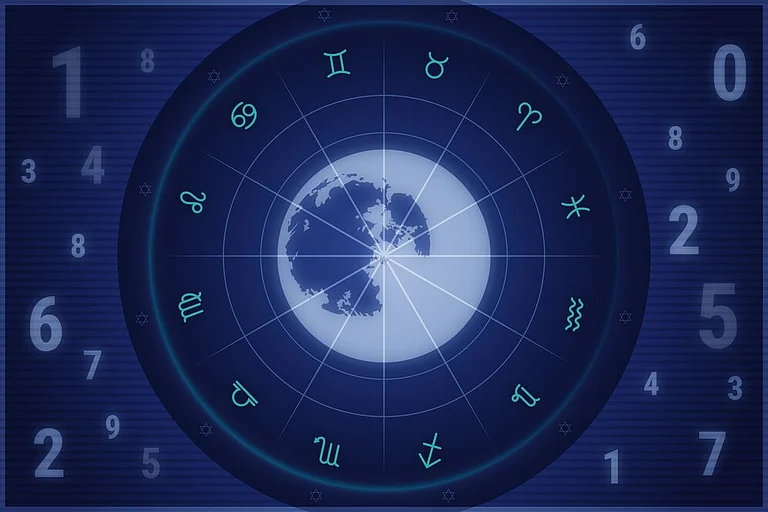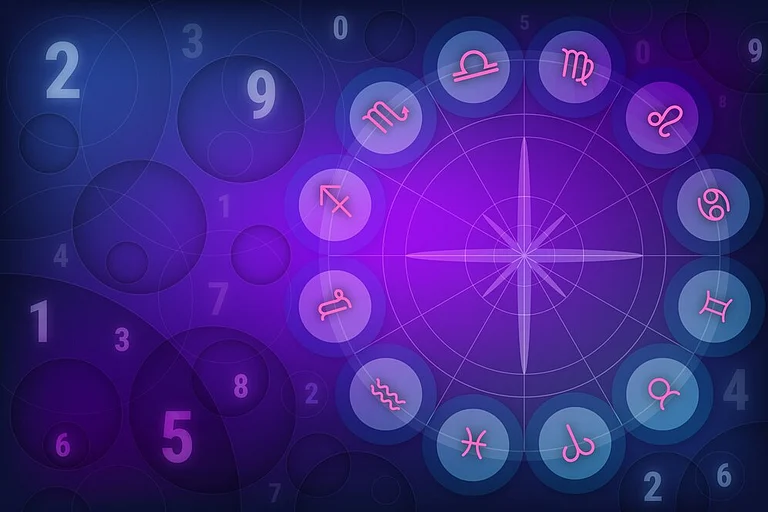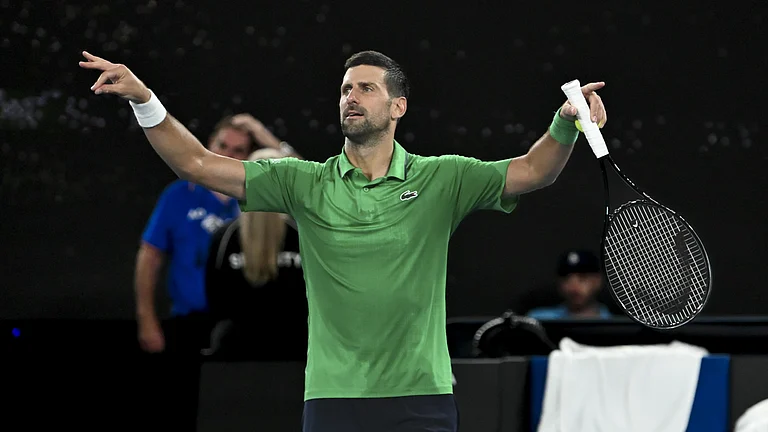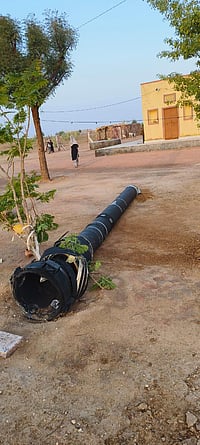A thin blanket of snow-covered everything in the near vicinity of our house, as far as one could gaze with squinted eyes. The sharp crackle of the old Osmond radio - complete with four giant knobs and a mahogany coloured frame- catches the attention of my seven-year-old self. The reception is bad as the transmission quality deteriorates in turbulent weather. Turbulence is also the word that can best describe the mood in the strife-torn Kashmir valley in the mid-'90s.
The thin wiry fingers of my grandfather carefully give a measured twirl to one of the radio knobs, impeccably adjusting the needle to his desired frequency, just in time for the evening news bulletin from the BBC London station. With his right ear pressed against the radio, the elderly doctor who has spent the day in his clinic would patiently listen to the news presenter talking about Tory-Labour inner politics, the latest single by spice girls and other news from across the globe in a thick British accent.
After sitting through this, the creases on his forehead would suddenly ease as the familiar voice of the newsreader from the BBC Urdu service would start speaking on matters much closer to home, gradually reaching the part where she talks about the situation in the valley.

Two steps behind my grandfather, I would keenly wait to know if my school has reopened after the curfew. It was a routine that he followed religiously. Right from the moment, he hung his stethoscope on the wall, the radio would be switched on and he tuned to stations including Radio Kashmir, Akashvani, Voice of America and at times if the weather permitted- Radio news from neighbouring Pakistan. But the BBC was his final stop and an inseparable part of his daily life before he called it a day.
Those nights, as I would observe my grandfather, I subconsciously received the first lessons in Journalism, learning to decipher the news, as he would later put everything in perspective and relay on it on the family over dinner.
While the father never stopped using his much-beloved Osmond radio, his five sons all had a pocket transistor each, carefully tucked inside their pherans and catering their own list of favourite radio programmes. As the years passed by, the turmoil in Kashmir intensified, pagers became a part of our life, before they too paved the way for mobile phones- now most relatives owned an individual handset which, at times, would also serve as a radio. But till he left the world in 2011, Ahmed Ullah Qureshi never left the side of the Osmond radio, which still rests atop a cane bookshelf in my room. At times I turn it on and close my eyes, as another news presenter starts with the bulletin. A cache of memories of my grandfather floods in.
Looking back at the time now, I find a similarity between the scene when he diagnosed patients while listening to their pulse, eyes half-closed, in deep concentration and his nightly tryst with the radio, as he turned the knob multiple times, sifting through many transmission glitches until the reception would be clear. Today, as my phone buzzes every minute with a flurry of notifications and I surf through a never-ending feed of Instagram stories posted by my friends, this portrait of a committed Radio listener- undeterred by erratic signal and the chaos of the volatile Kashmir of the 90's-remains etched in my memory.
(Author recollects her childhood memories of growing up in Kashmir during the 90's)



























